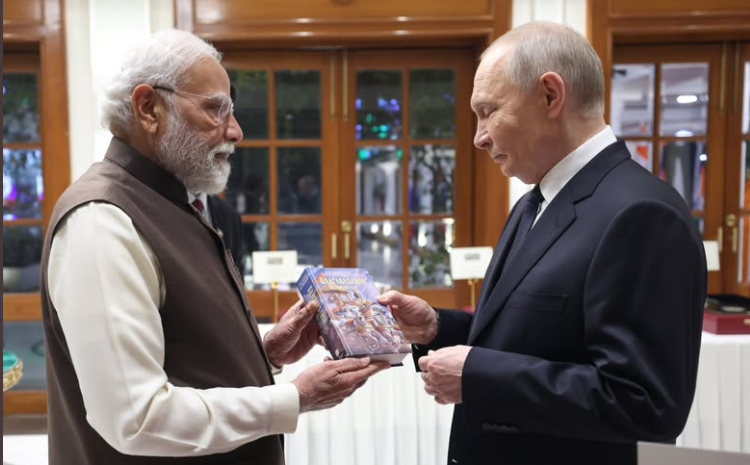China offers African leaders more support for Development and Cooperation
- InduQin
- Sep 9, 2024
- 2 min read
African leaders gathered in Beijing for a landmark summit, showcasing the strengthening relationship with China. President Xi Jinping pledged substantial investments over three years, aiming to elevate diplomatic ties to a strategic level. China's significant role in Africa's development, notably through infrastructure projects and economic partnerships, was highlighted. While challenges persist, the collaboration between China and Africa, focusing on mutual growth and sustainability, signals a promising future, emphasizing unity in reshaping global dynamics.
A spirit of optimism and collaboration filled the air as dozens of African leaders convened in Beijing for a momentous summit, highlighting the deepening ties between Africa and China. The summit underscored China's growing influence in the region, with mutual aspirations for a robust alliance to counterbalance the prevailing global order led by the United States.
During the Forum on China-Africa Cooperation, Chinese President Xi Jinping unveiled ambitious plans, pledging billions of dollars in loans and private investments over the next three years. Notably, Xi proposed elevating relations with all African nations that maintain diplomatic ties with China to a "strategic" level, emphasizing a shared commitment to safeguarding their rights and interests.
Since its inception in 2000, the forum has witnessed China emerge as a vital player in Africa. Chinese companies have made significant investments in mining operations to secure essential resources for their industries. Additionally, through initiatives like the Belt and Road program, Chinese development banks have provided crucial funding for constructing railways, roads, and other infrastructure across the continent.
While African leaders have welcomed China's support, they are advocating for a more targeted alignment of aid with the continent's development objectives. The focus is on fostering industrialization, expanding agricultural exports, and narrowing the trade deficit with China, which stands as sub-Saharan Africa's largest trading partner.
Addressing the forum, Moussa Faki Mahamat, the chair of the African Union Commission, emphasized the importance of diversifying private investments in Africa beyond the traditional sectors of mining and energy resources. This call for a broader investment portfolio aligns with Africa's vision of economic growth and self-sustainability.
Xi Jinping outlined a comprehensive set of "partnership actions," including initiatives for political training, market access enhancements, agricultural development, vocational training, green energy projects, and military assistance grants. Notably, China announced the elimination of tariffs on products from 33 African countries, underscoring its commitment to fostering inclusive trade relationships.
The deepening ties between China and Africa extend beyond economic cooperation to encompass political collaboration and mutual support. China's emphasis on modernization as a universal right resonates with African nations, many of which seek to rectify historical injustices and assert their independence on the global stage.
As China positions itself as a leader of the Global South, African nations find common cause in reshaping the international order and asserting their collective voice. This shared vision has led to a shift in alliances, with African countries adopting a non-aligned stance on global conflicts and pursuing a path of progressive internationalism.
While challenges remain, including fluctuations in development loans and debt sustainability concerns, the partnership between China and Africa continues to evolve, driven by a shared commitment to mutual growth and prosperity. As the continent navigates its development trajectory, the unwavering support and collaboration with China offer a beacon of hope for a brighter future.








Comments